FTC Vs. Meta: The WhatsApp And Instagram Acquisition Under Scrutiny
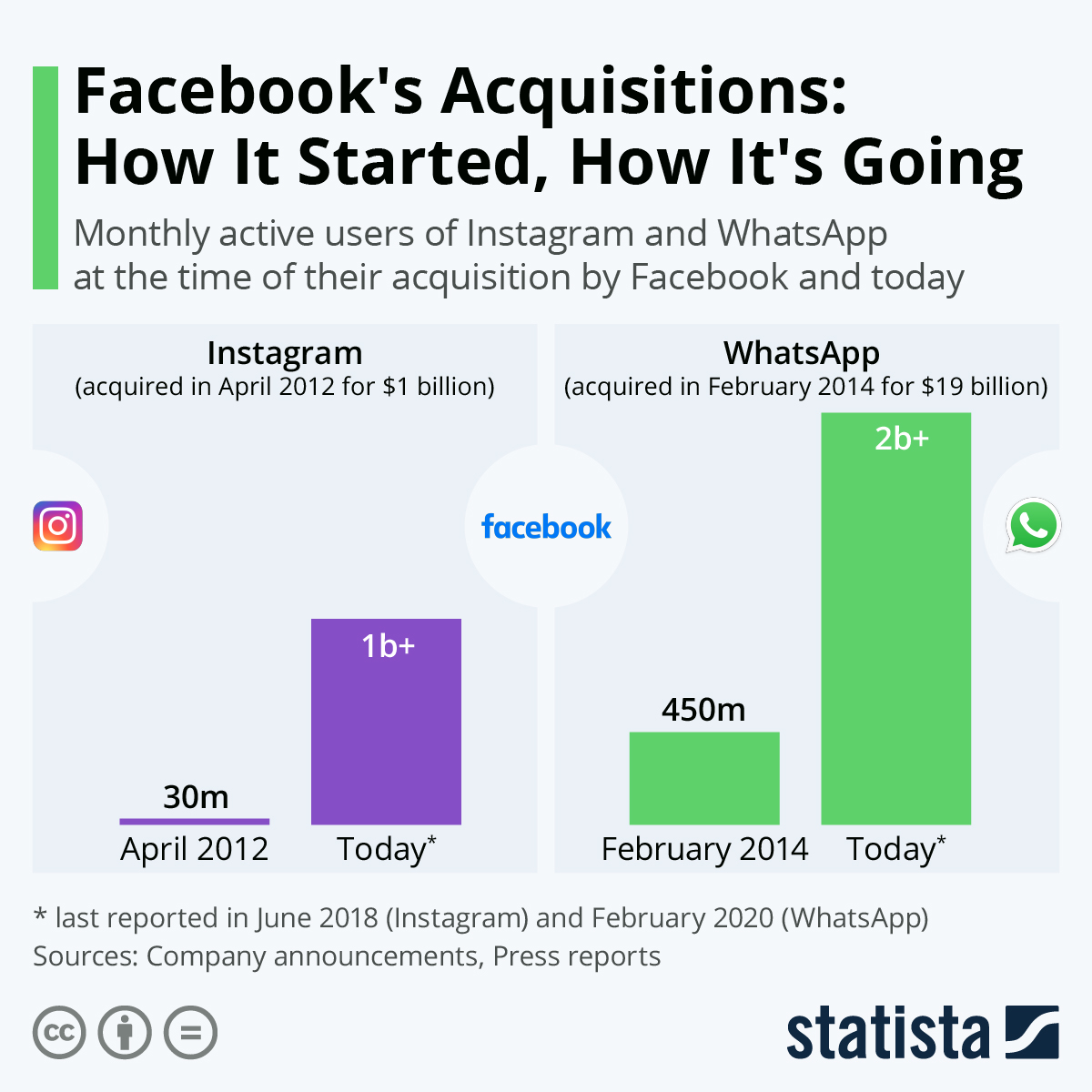
Table of Contents
The FTC's Case Against Meta's Acquisitions
The FTC's core argument centers on the assertion that Meta's acquisitions of WhatsApp and Instagram were anti-competitive, stifling innovation and harming consumers.
Anti-Competitive Practices
The FTC alleges that Meta used its considerable market power to eliminate potential rivals. By acquiring WhatsApp, already a dominant player in messaging, and Instagram, a leading photo and video-sharing platform, Meta allegedly prevented the emergence of innovative competitors.
- WhatsApp's dominance in messaging: Prior to the acquisition, WhatsApp boasted a massive user base, posing a significant competitive threat to Facebook Messenger.
- Instagram's leading position in photo and video sharing: Instagram's popularity presented a challenge to Facebook's own photo-sharing capabilities.
- Elimination of potential competitors through acquisition: The FTC argues that these acquisitions weren't about collaboration, but about eliminating potential threats to Meta's dominance.
- Alleged strategy to maintain a monopoly in social media: The FTC claims this strategy aimed to solidify Meta's monopolistic grip on the social media landscape.
Stifling Innovation
The FTC further contends that the acquisitions stifled innovation within the messaging and photo-sharing sectors. Reduced competition, they argue, led to a lack of alternatives and ultimately disadvantaged consumers.
- Lack of innovation in messaging and photo-sharing apps due to reduced competition: Without the pressure of competition, the argument goes, Meta had less incentive to innovate and improve its platforms.
- Limited consumer choice and potential for higher prices: Fewer competitors translate to less choice for consumers and potentially higher prices or reduced quality of service.
- Slower technological advancements in the sector: The lack of competition may have slowed down the pace of technological advancements in these critical sectors.
Meta's Defense
Meta, naturally, refutes the FTC's claims, arguing that the acquisitions fostered integration and innovation, ultimately benefiting consumers.
Promoting Integration and Innovation
Meta maintains that integrating WhatsApp and Instagram with its existing platforms led to a more seamless and enhanced user experience.
- Integration of features across platforms (e.g., messaging between WhatsApp and Instagram): Meta highlights the benefits of cross-platform communication and functionality.
- Investment in technology and infrastructure: Meta points to its substantial investments in improving technology and infrastructure, benefiting all users across its platforms.
- Claims of increased user benefits: Meta argues that consumers have gained from the increased functionality and integration of services.
Benefits to Consumers
Meta emphasizes that the acquisitions ultimately brought significant benefits to consumers by expanding reach and improving services.
- Larger user base and network effects: The combined user base of these platforms creates a powerful network effect, enhancing the value for all users.
- Access to a wider range of features and functionalities: Users now have access to a richer and more comprehensive range of features integrated across the platforms.
- Improved user experience through integration: The integration of services, Meta argues, has streamlined the user experience and made it more convenient.
The Broader Implications of the FTC vs. Meta Case
The FTC vs. Meta case has profound implications extending far beyond the specific acquisitions.
Setting Precedent for Future Acquisitions
The outcome will have a substantial impact on how future tech acquisitions are regulated.
- Increased scrutiny of mergers and acquisitions in the tech industry: Expect increased scrutiny from regulators, potentially chilling future acquisitions.
- Potential for stricter antitrust enforcement: A ruling against Meta could lead to stricter antitrust enforcement across the tech sector.
- Impact on future innovation and competition: The outcome will influence the balance between fostering innovation and preventing monopolies in the future.
The Future of Antitrust Law
This case is reshaping the debate around antitrust law in the digital age.
- Evolution of antitrust laws to address the complexities of the digital market: Existing laws may need to adapt to the unique challenges posed by digital markets.
- Increased debate on the definition of market dominance in the tech industry: The definition of "market dominance" is being vigorously debated in this context.
- Impact on regulatory frameworks for tech companies: The outcome will heavily influence how regulatory frameworks for tech companies are designed and implemented.
Conclusion
The FTC vs. Meta case is a watershed moment, determining the future of competition and antitrust regulation in the tech industry. The FTC's concerns about anti-competitive practices and stifled innovation are significant, while Meta's defense highlights integration and consumer benefits. The final decision will profoundly impact future acquisitions and shape the regulatory landscape for tech giants for years to come. Staying informed about this case is critical for understanding the future of competition in the digital marketplace and the implications of WhatsApp and Instagram acquisitions.

Featured Posts
-
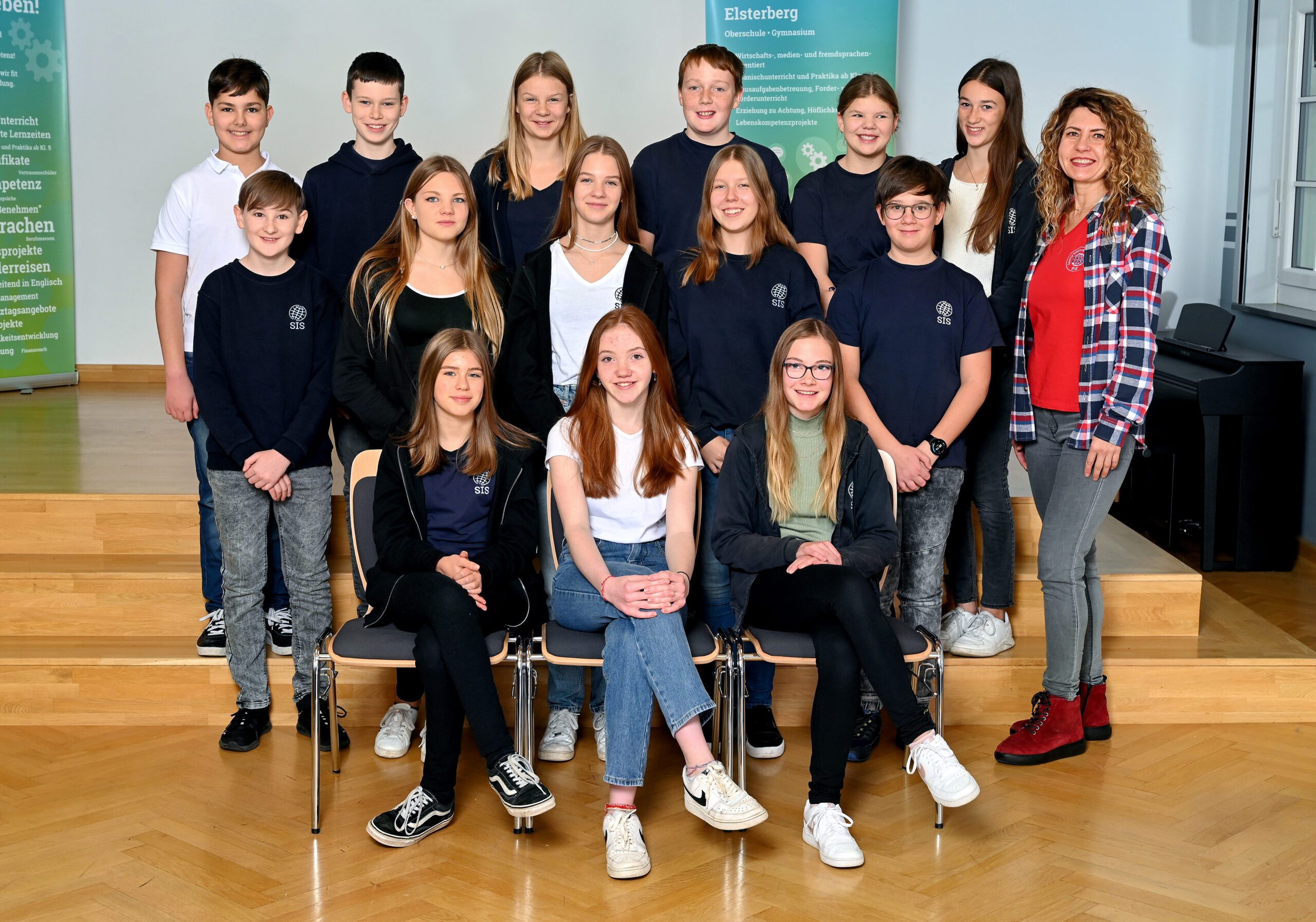 Braunschweig Amokalarm An Der Neuen Oberschule Schueler Und Lehrer In Sicherheit
May 13, 2025
Braunschweig Amokalarm An Der Neuen Oberschule Schueler Und Lehrer In Sicherheit
May 13, 2025 -
 Blow Your Mind Unforgettable Adventures And Extraordinary Encounters
May 13, 2025
Blow Your Mind Unforgettable Adventures And Extraordinary Encounters
May 13, 2025 -
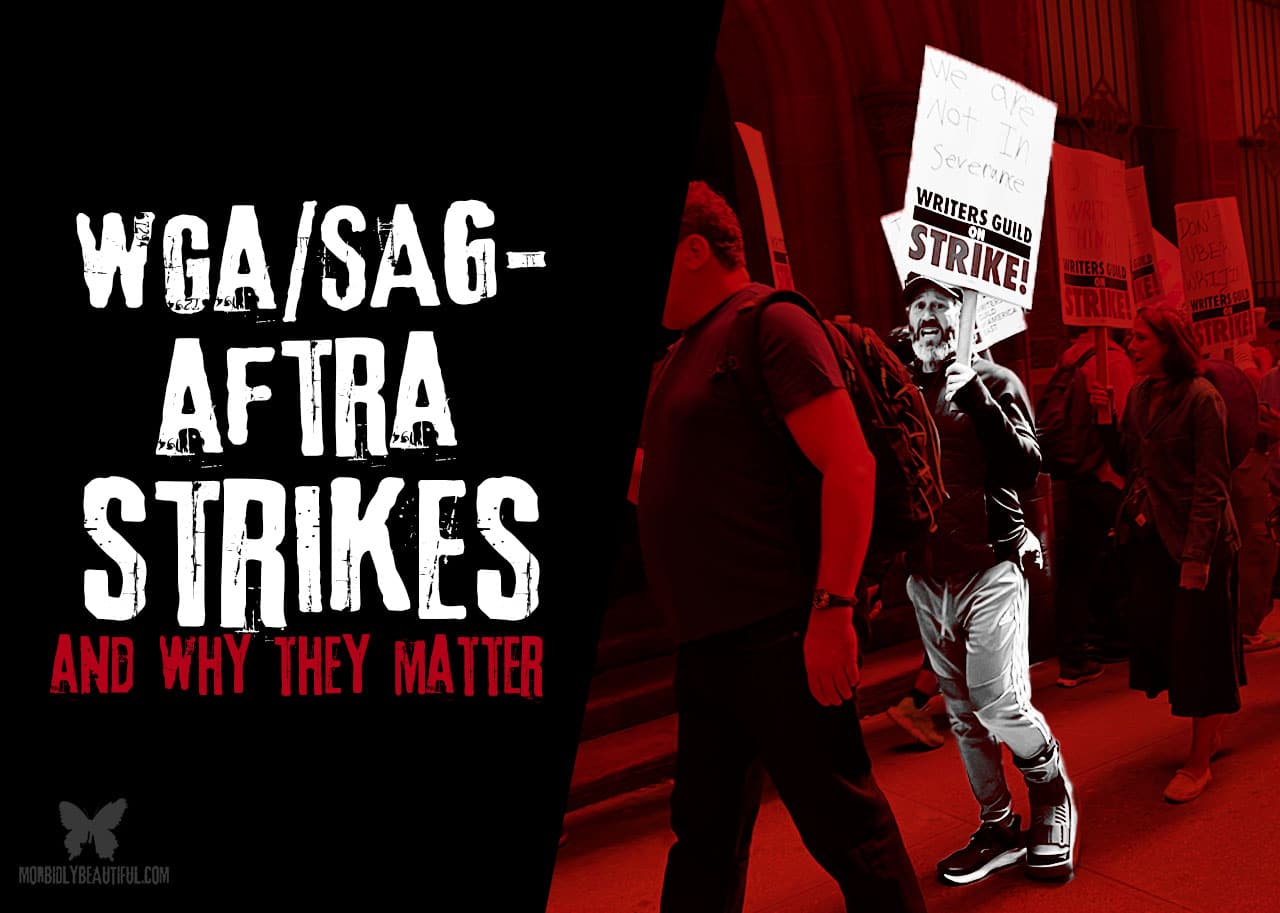 Hollywood Shut Down Wga And Sag Aftra Strike Impacts Film And Television
May 13, 2025
Hollywood Shut Down Wga And Sag Aftra Strike Impacts Film And Television
May 13, 2025 -
 The Doom The Dark Age Spoiler Problem What Went Wrong
May 13, 2025
The Doom The Dark Age Spoiler Problem What Went Wrong
May 13, 2025 -
 Veterany Eao Poluchat Vyplaty K 80 Letiyu Pobedy
May 13, 2025
Veterany Eao Poluchat Vyplaty K 80 Letiyu Pobedy
May 13, 2025
Latest Posts
-
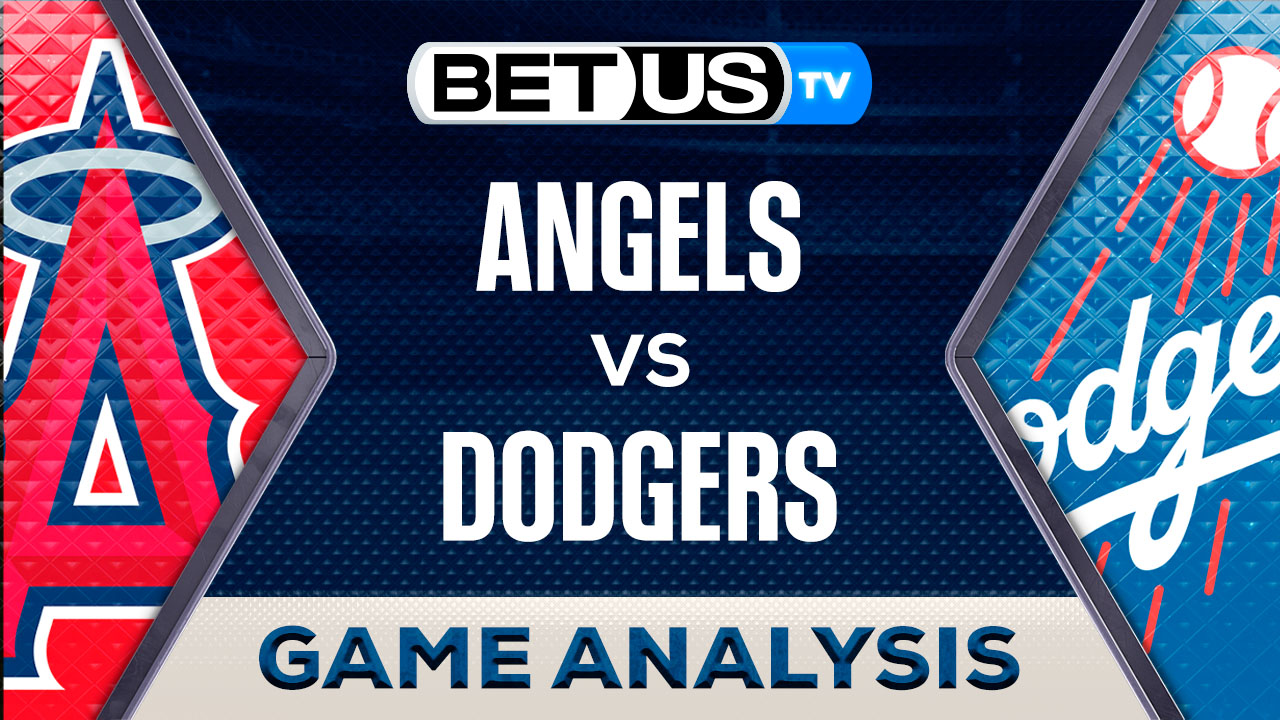 Dodgers Vs Angels Ohtanis Epic 6 Run 9th Inning
May 14, 2025
Dodgers Vs Angels Ohtanis Epic 6 Run 9th Inning
May 14, 2025 -
 6 Run 9th Ohtanis Power Drives Dodgers Comeback Win
May 14, 2025
6 Run 9th Ohtanis Power Drives Dodgers Comeback Win
May 14, 2025 -
 14 11 Thriller Ohtanis Late Homer Secures Dodgers Victory Over Diamondbacks
May 14, 2025
14 11 Thriller Ohtanis Late Homer Secures Dodgers Victory Over Diamondbacks
May 14, 2025 -
 Late Game Heroics Ohtanis 6 Run 9th Secures Dodgers Comeback
May 14, 2025
Late Game Heroics Ohtanis 6 Run 9th Secures Dodgers Comeback
May 14, 2025 -
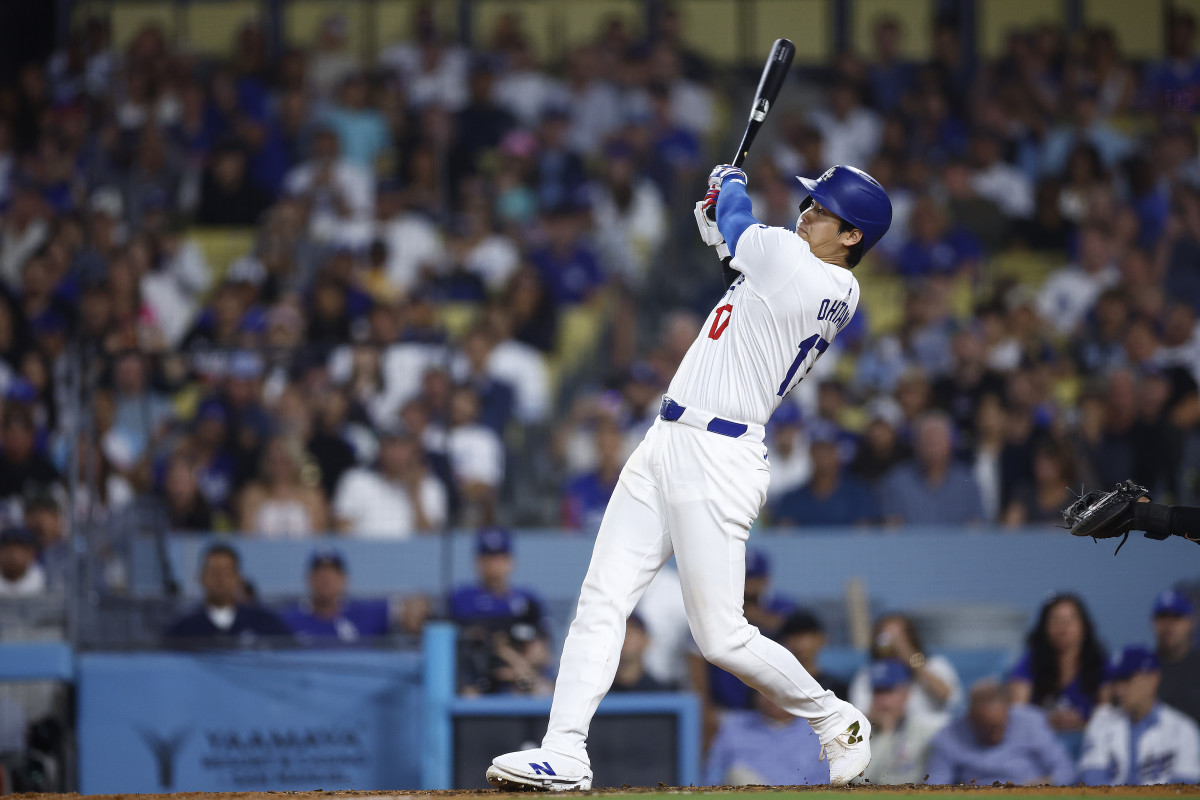 Oh Ohtani Dodgers Late Rally 3 Run Homer Power 14 11 Win Over Diamondbacks
May 14, 2025
Oh Ohtani Dodgers Late Rally 3 Run Homer Power 14 11 Win Over Diamondbacks
May 14, 2025
